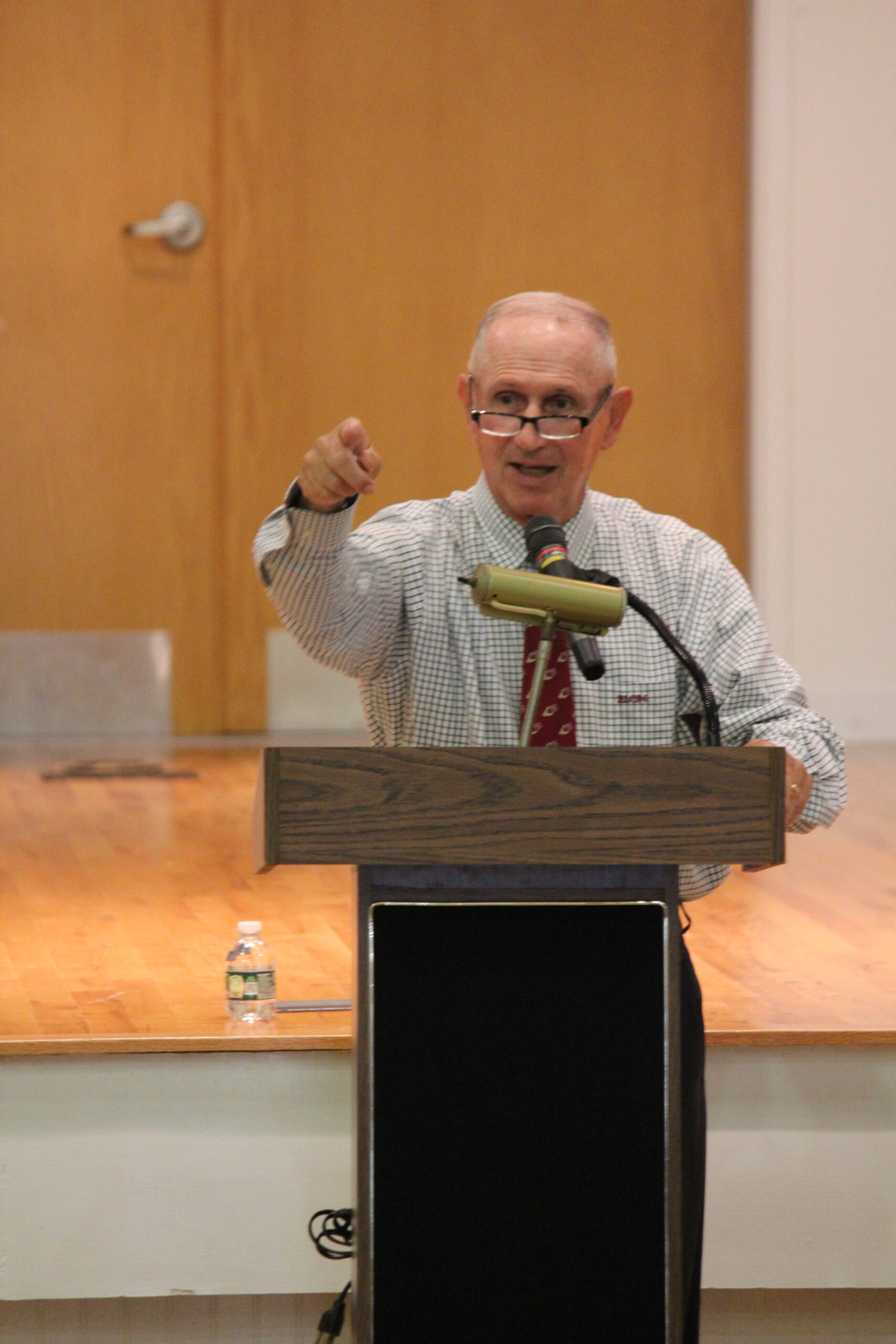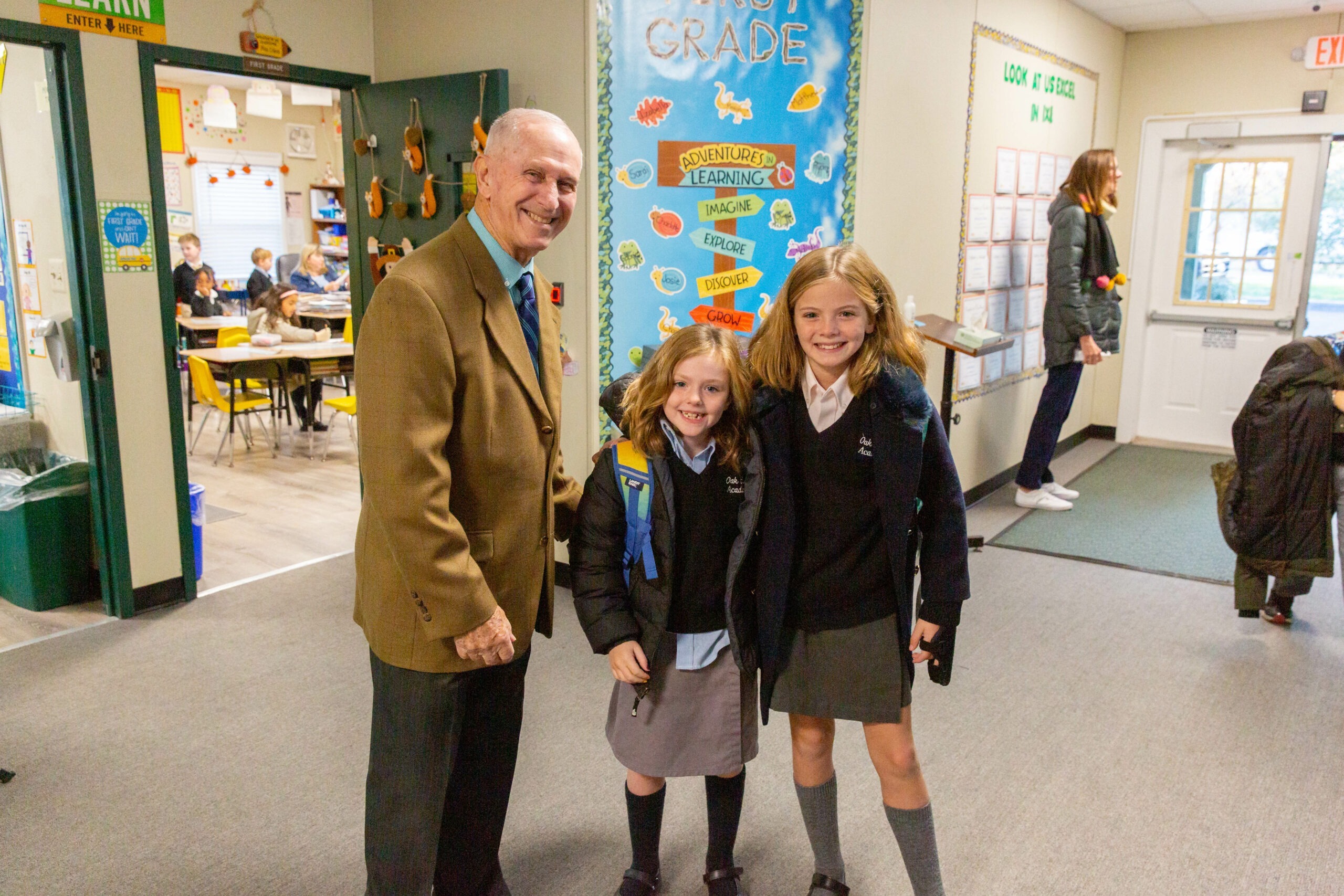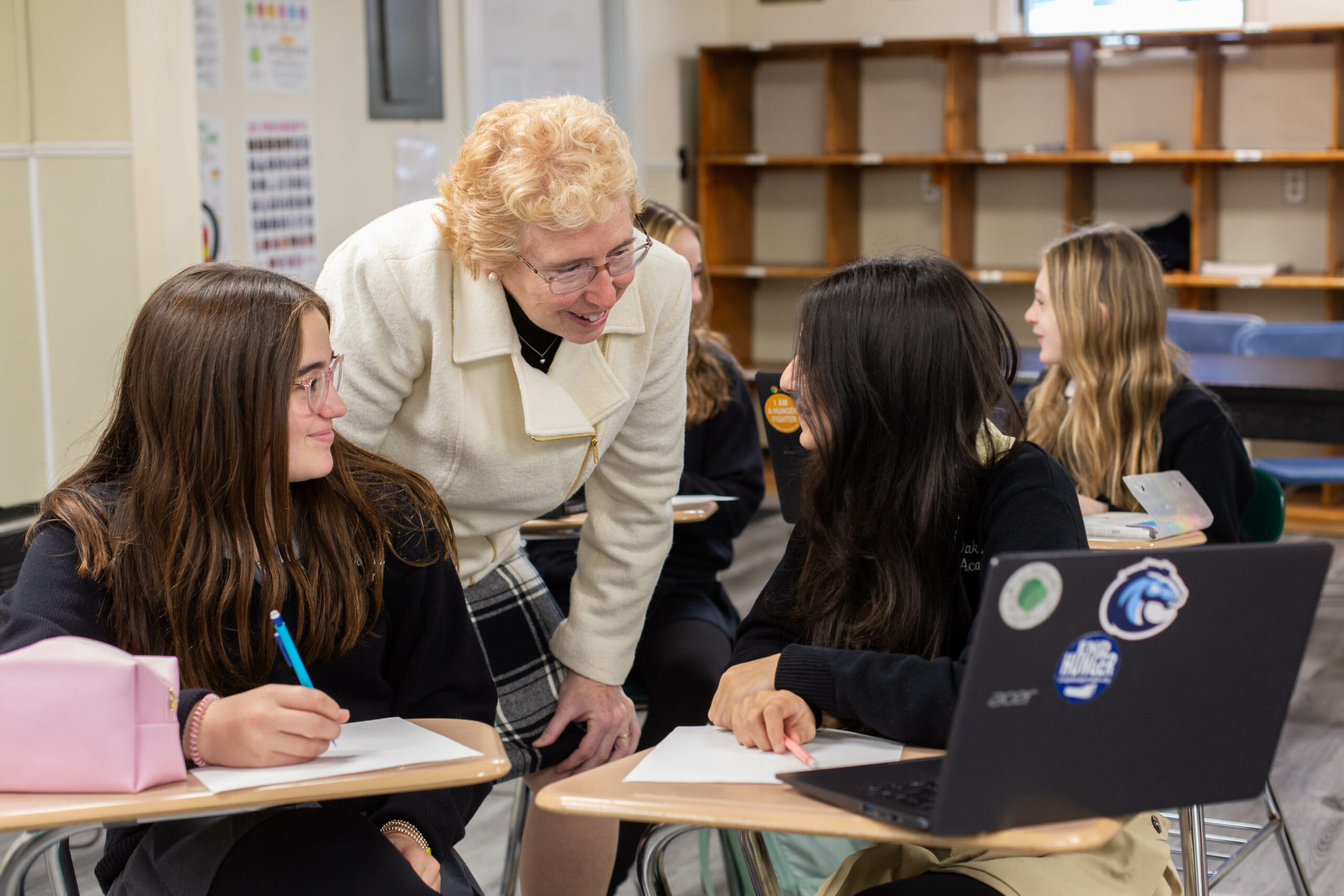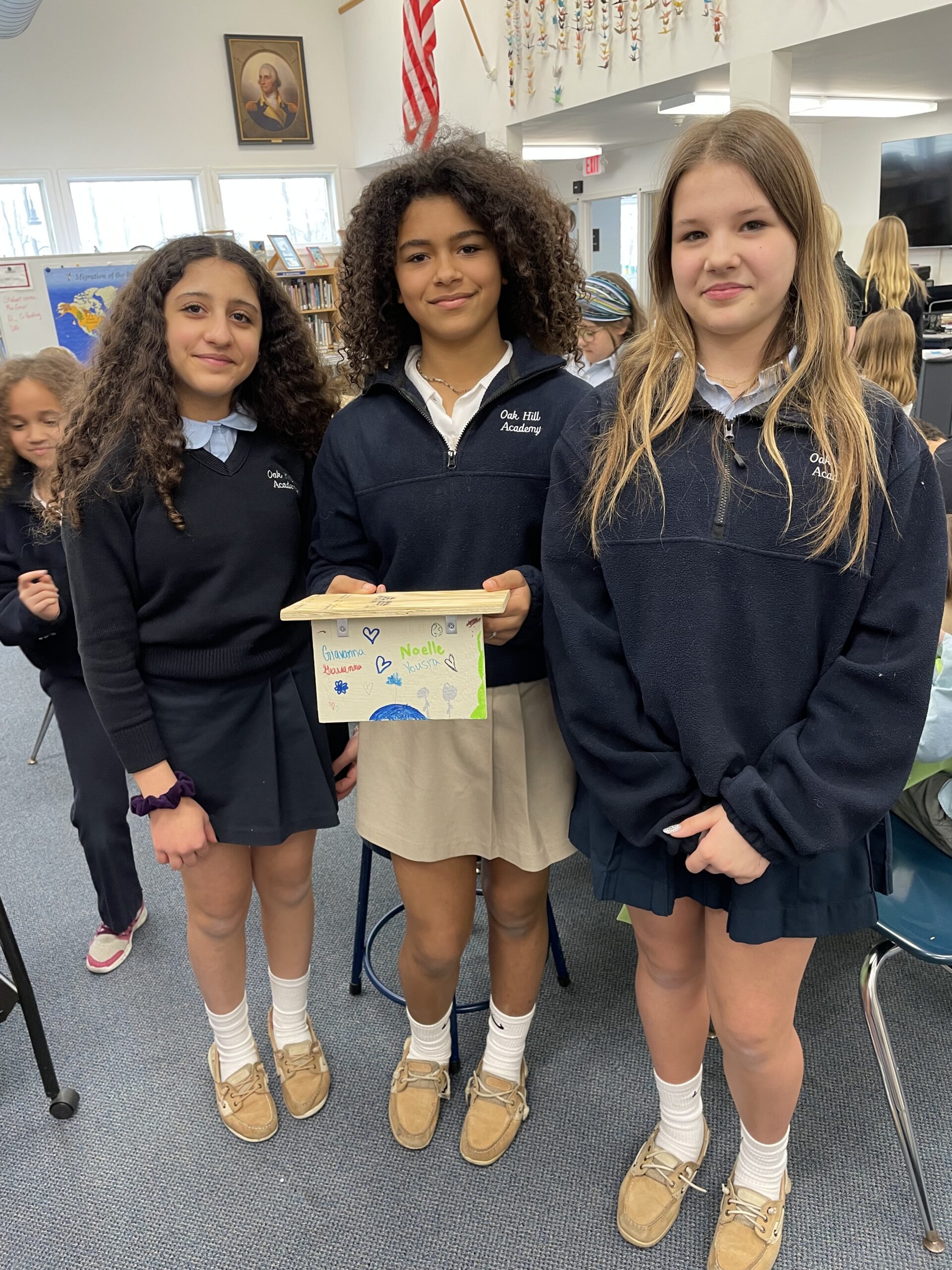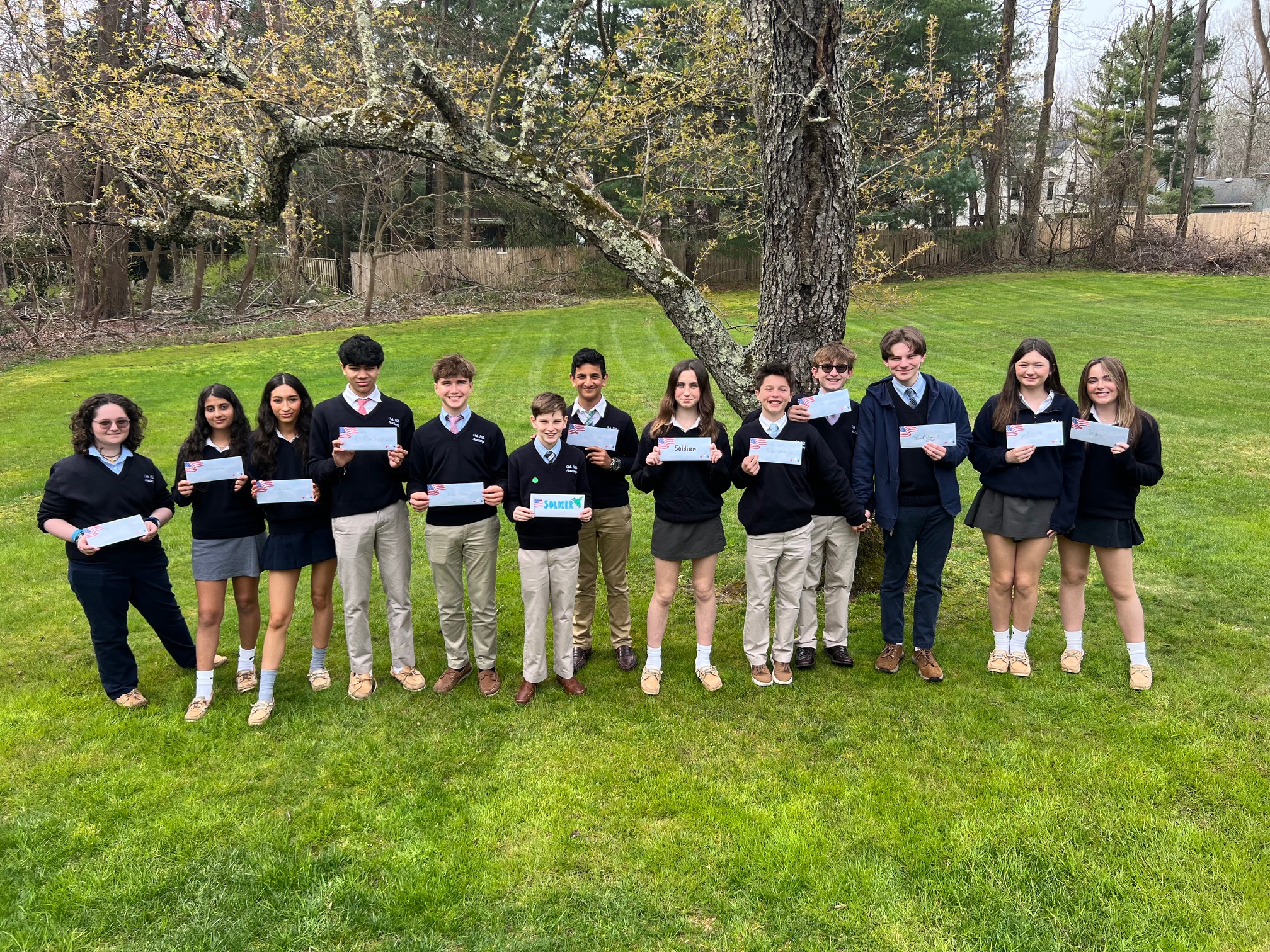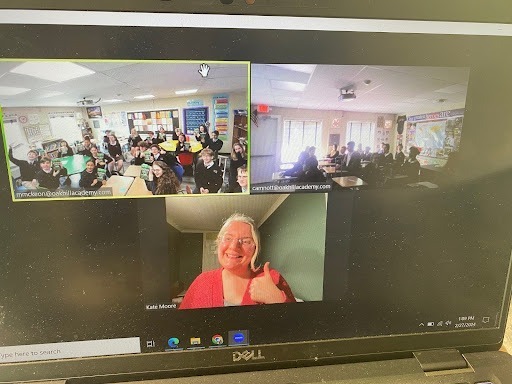Educators have found over the years that decoding is not sufficient alone to develop good readers. Reading comprehension must also incorporate background knowledge and vocabulary. First, the child must master phonemic awareness and decoding skills, and then be exposed to a broad base of oral vocabulary, general knowledge and visual stimulation. Building strong vocabulary and general knowledge must begin even before a child is able to read on their own. Reading aloud to the pre-school or kindergartener is essential to the growth of a successful reader. These would include a wide range of fiction and non-fiction from social studies, science and real life everyday situations. Children must be encouraged to pose questions, describe the storyline, compare various situations and come to conclusion. Fables, poetry and folk hero stories are rich in graphic action, emotions and morals. Added to this mix should be a wide variety of visual works of art and photography. The stories told in good graphic presentations bring stories to life and contain sometimes more than which we see as a first impression. Young readers can also have fun by examining the background of the characters and predict what may happen next. As the vocabulary grows, young readers will also be able to retell and decide the where, what, why and when.
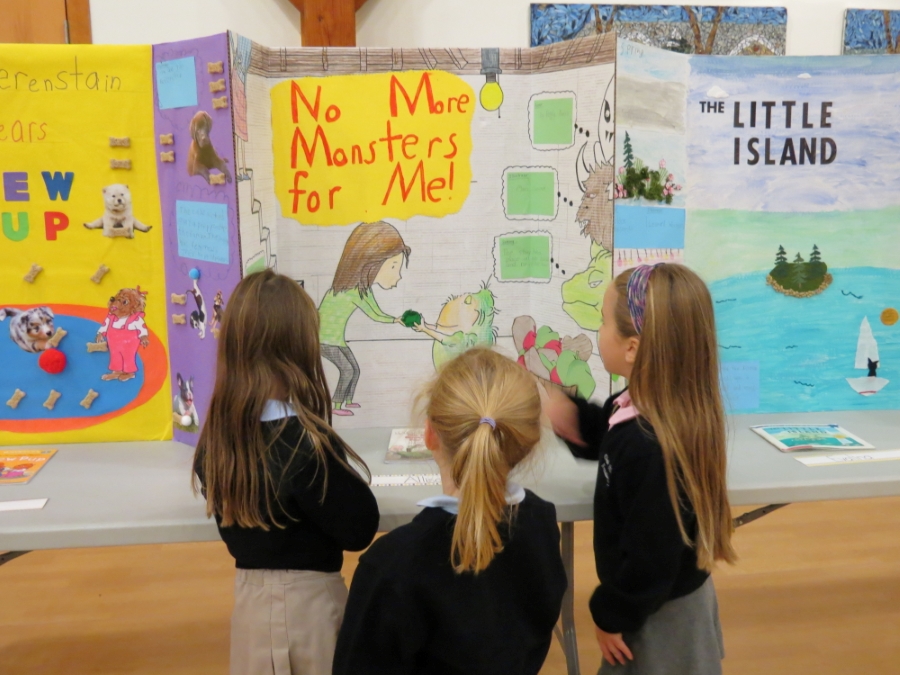
The key to a good reading program is to offer high interest topics which challenge the imagination and present “what if” questions to the mind. One such reading sequence that Oak Hill Academy will be instituting in September of 2017 is from the Core Knowledge Foundation. It is the natural fit for top private schools. This program is rich in history, geography and science encouraging the building of vocabulary allowing children to be “word collectors”. Stories will be offered which engage children’s curiosity with historical characters and topics which encourages discussion.
The elements of stories: beginnings, middle and end are enhanced by fostering active participation by children writing their own stories, acting out plays and using art to share ideas. Strong by-products of a core knowledge vocabulary sequence are the child’s new found comfort in speaking, listening and writing. As children become more secure with their vocabulary, their thirst for more learning begins to explode.
Through the exposure of a rich base of target words, the core knowledge curriculum encourages children to be good thinkers and read for fluency. Research has found that our ability to read stretches across all subject areas, permits fruitful lifelong learners and helps the individual meet their highest potential.

